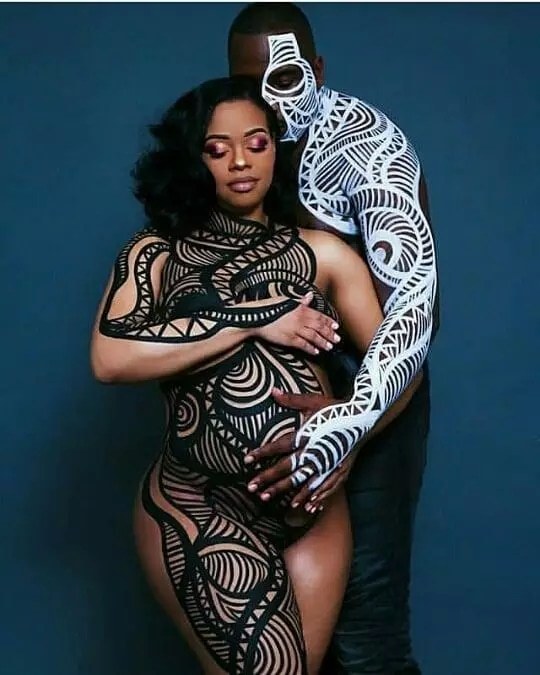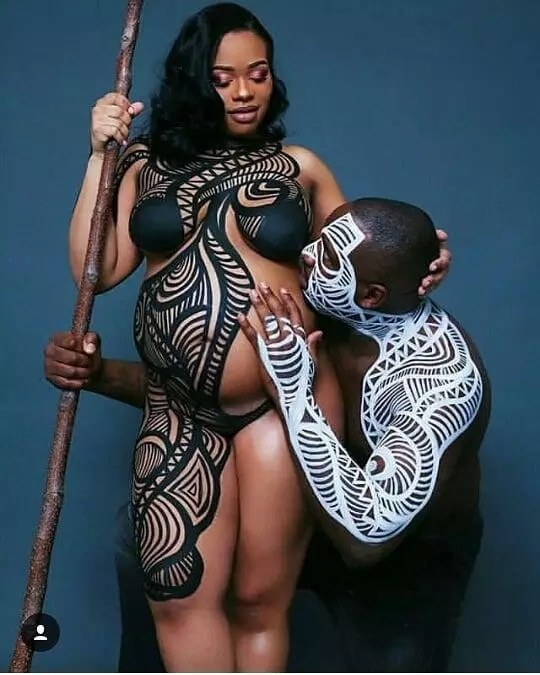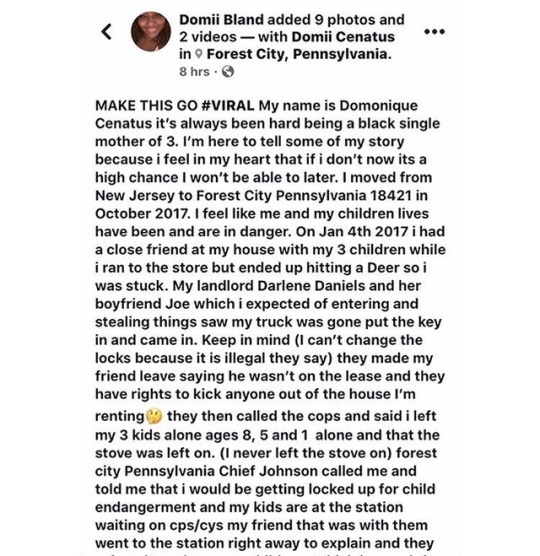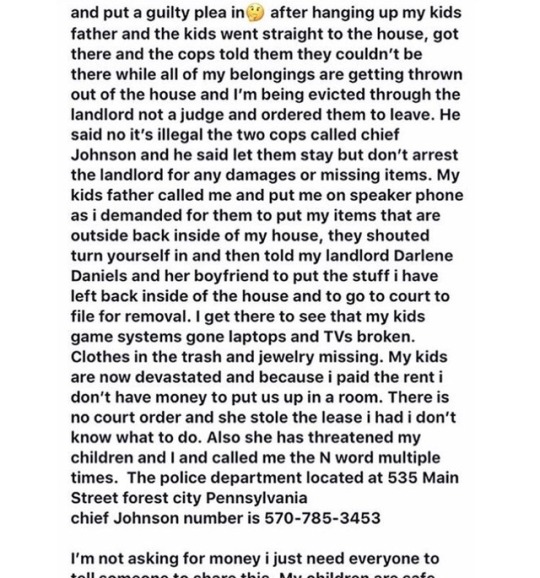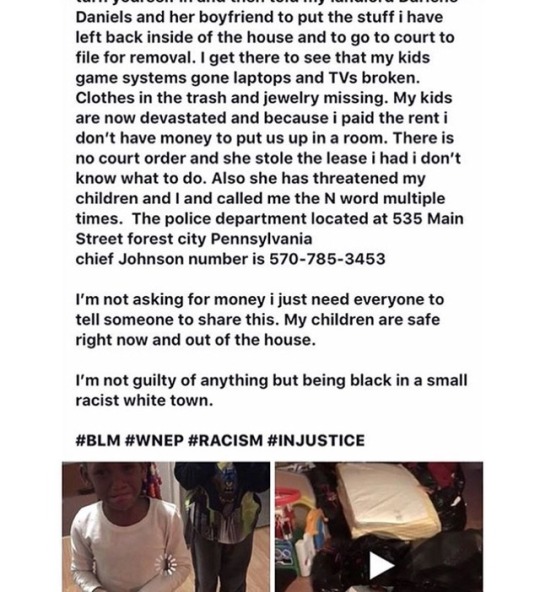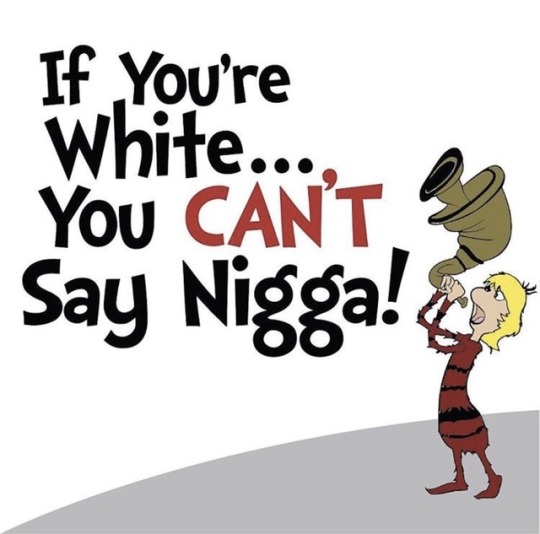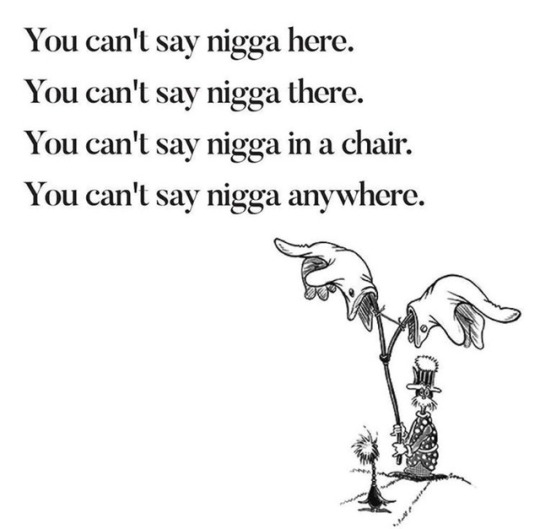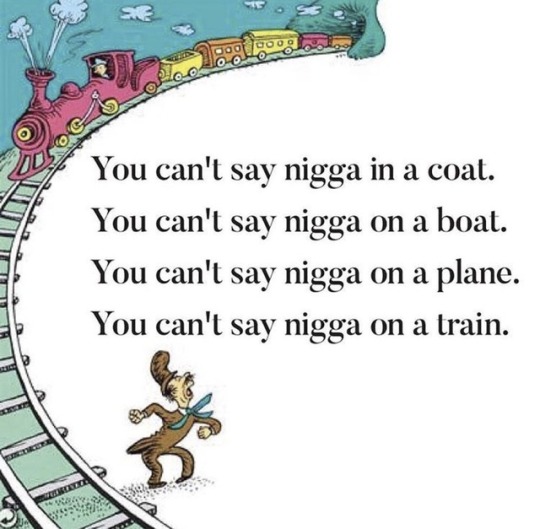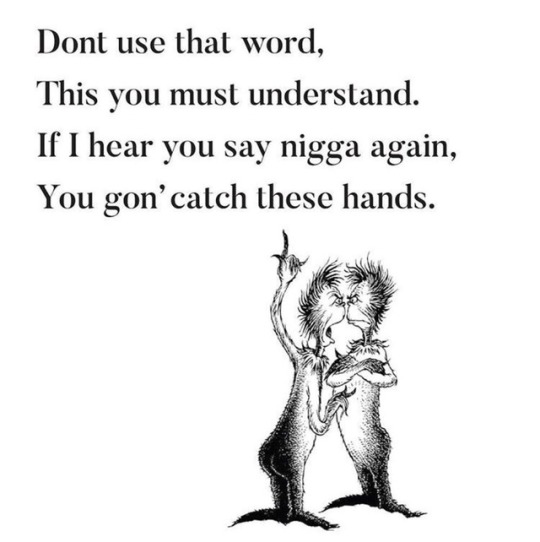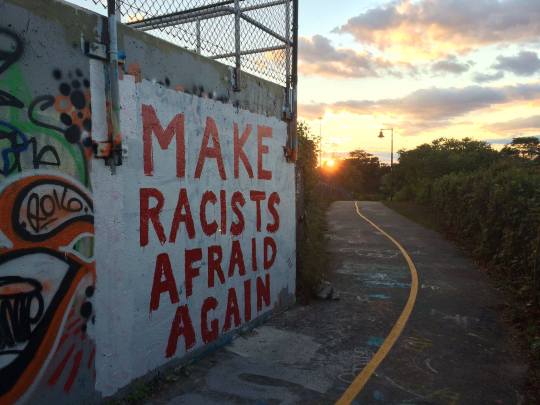Photo
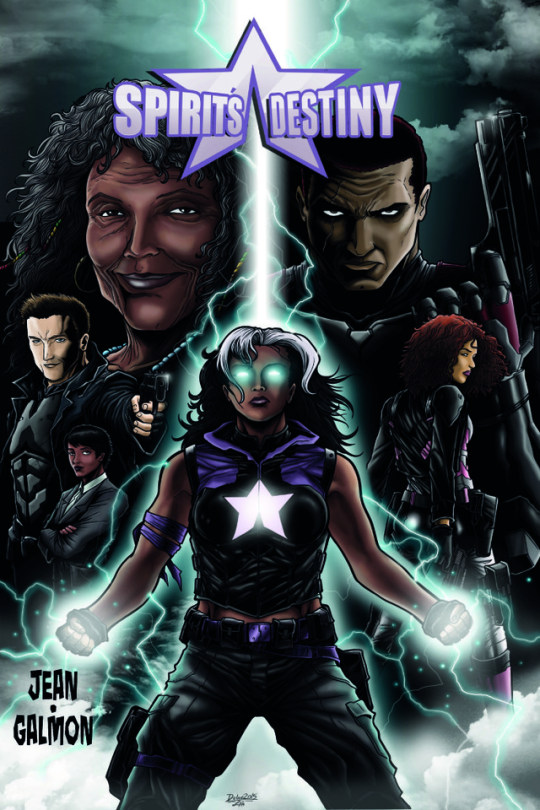
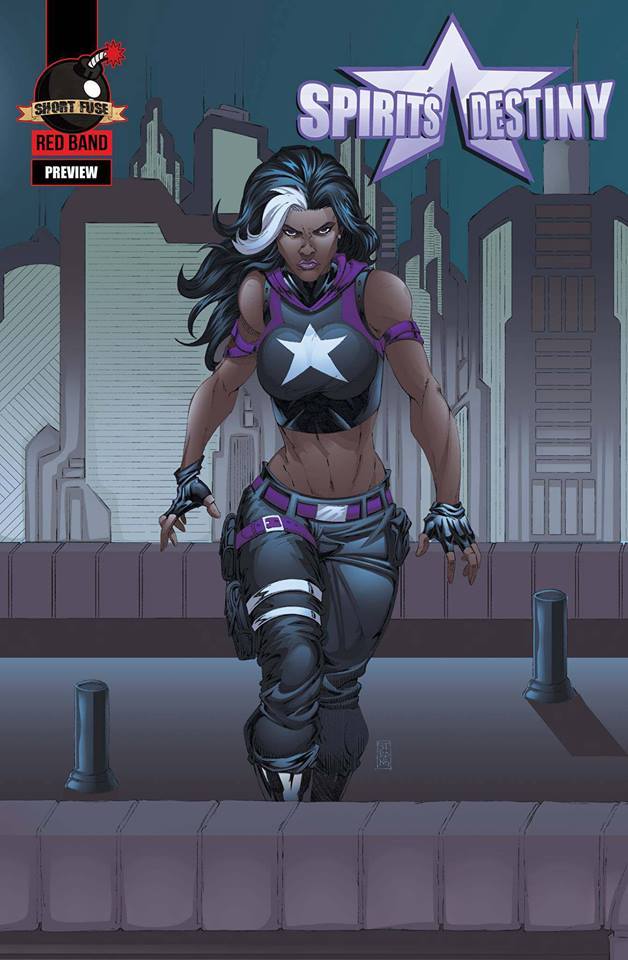
Spirit’s Destiny #1 (2018)
Spirit’s Destiny is about Destiny, a young Haitian woman who is coming to terms with her newfound abilities and the pressure of deciding how to use them.
Story: Dorphise Jean, Dennis Knight , art: Edwin Galmon, Richard Perotta, Stan Yak
Get the comics here
[Follow SuperheroesInColor faceb / instag / twitter / tumblr / pinterest]
678 notes
·
View notes
Photo
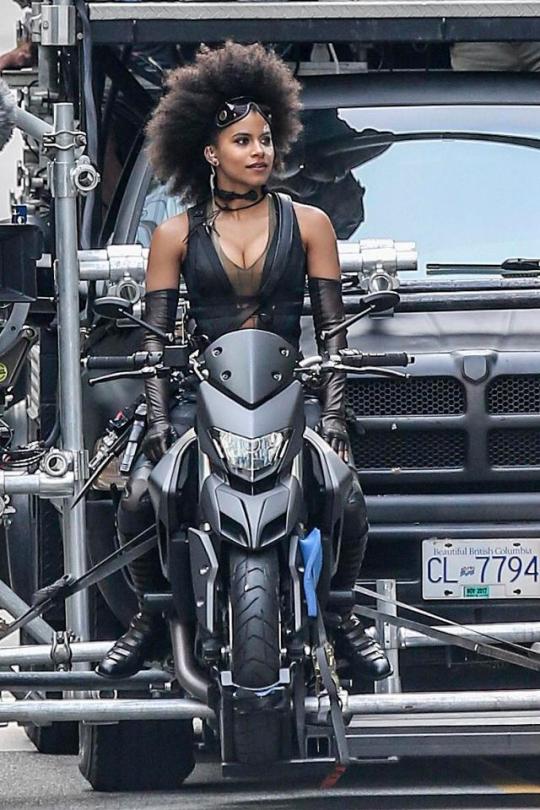
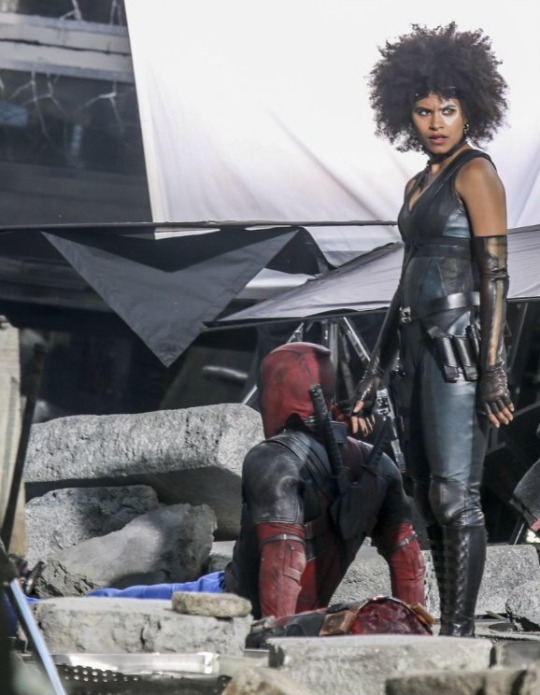
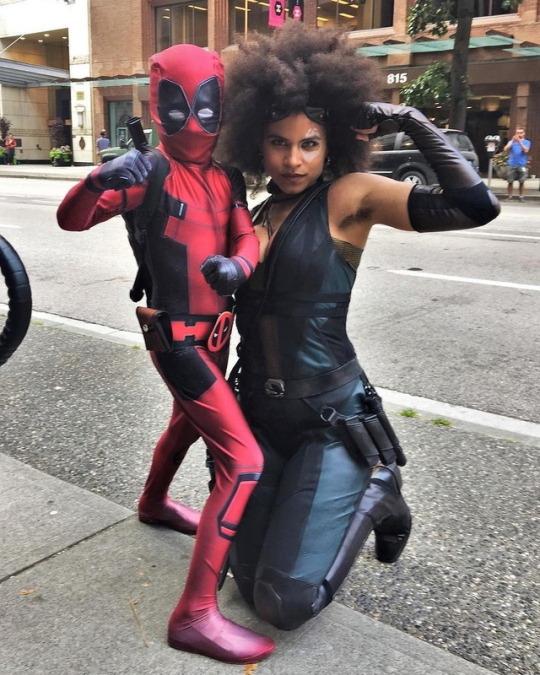
Zazie Beetz as Domino in Deadpool 2 (2018)
youtube
Get the comics here
[Follow SuperheroesInColor faceb / instag / twitter / tumblr / pinterest]
5K notes
·
View notes
Photo

Because of the Fifth Amendment, no one in the U.S. may legally be forced to testify against himself, and because of the Fourth Amendment, no one’s records or belongings may legally be searched or seized without just cause. However, American police are trained to use methods of deception, intimidation and manipulation to circumvent these restrictions. In other words, cops routinely break the law—in letter and in spirit—in the name of enforcing the law. Several examples of this are widely known, if not widely understood.
1) “Do you know why I stopped you?”
Cops ask this, not because they want to have a friendly chat, but because they want you to incriminate yourself. They are hoping you will “voluntarily” confess to having broken the law, whether it was something they had already noticed or not. You may think you are apologizing, or explaining, or even making excuses, but from the cop’s perspective, you are confessing. He is not there to serve you; he is there fishing for an excuse to fine or arrest you. In asking you the familiar question, he is essentially asking you what crime you just committed. And he will do this without giving you any “Miranda” warning, in an effort to trick you into testifying against yourself.
2) “Do you have something to hide?”
Police often talk as if you need a good reason for not answering whatever questions they ask, or for not consenting to a warrantless search of your person, your car, or even your home. The ridiculous implication is that if you haven’t committed a crime, you should be happy to be subjected to random interrogations and searches. This turns the concept of due process on its head, as the cop tries to put the burden on you to prove your innocence, while implying that your failure to “cooperate” with random harassment must be evidence of guilt.
3) “Cooperating will make things easier on you.”
The logical converse of this statement implies that refusing to answer questions and refusing to consent to a search will make things more difficult for you. In other words, you will be punished if you exercise your rights. Of course, if they coerce you into giving them a reason to fine or arrest you, they will claim that you “voluntarily” answered questions and “consented” to a search, and will pretend there was no veiled threat of what they might do to you if you did not willingly “cooperate.”
(Such tactics are also used by prosecutors and judges via the procedure of “plea-bargaining,” whereby someone accused of a crime is essentially told that if he confesses guilt—thus relieving the government of having to present evidence or prove anything—then his suffering will be reduced. In fact, “plea bargaining” is illegal in many countries precisely because it basically constitutes coerced confessions.)
4) “We’ll just get a warrant.”
Cops may try to persuade you to “consent” to a search by claiming that they could easily just go get a warrant if you don’t consent. This is just another ploy to intimidate people into surrendering their rights, with the implication again being that whoever inconveniences the police by requiring them to go through the process of getting a warrant will receive worse treatment than one who “cooperates.” But by definition, one who is threatened or intimidated into “consenting” has not truly consented to anything.
5.) We have someone who will testify against you
Police “informants” are often individuals whose own legal troubles have put them in a position where they can be used by the police to circumvent and undermine the constitutional rights of others. For example, once the police have something to hold over one individual, they can then bully that individual into giving false, anonymous testimony which can be used to obtain search warrants to use against others. Even if the informant gets caught lying, the police can say they didn’t know, making this tactic cowardly and illegal, but also very effective at getting around constitutional restrictions.
6) “We can hold you for 72 hours without charging you.”
Based only on claimed suspicion, even without enough evidence or other probable cause to charge you with a crime, the police can kidnap you—or threaten to kidnap you—and use that to persuade you to confess to some relatively minor offense. Using this tactic, which borders on being torture, police can obtain confessions they know to be false, from people whose only concern, then and there, is to be released.
7) “I’m going to search you for my own safety.”
Using so-called “Terry frisks” (named after the Supreme Court case of Terry v. Ohio, 392 U.S. 1), police can carry out certain limited searches, without any warrant or probable cause to believe that a crime has been committed, under the guise of checking for weapons. By simply asserting that someone might have a weapon, police can disregard and circumvent the Fourth Amendment prohibition on unreasonable searches.
U.S. courts have gone back and forth in deciding how often, and in what circumstances, tactics like those mentioned above are acceptable. And of course, police continually go far beyond anything the courts have declared to be “legal” anyway. But aside from nitpicking legal technicalities, both coerced confessions and unreasonable searches are still unconstitutional, and therefore “illegal,” regardless of the rationale or excuses used to try to justify them. Yet, all too often, cops show that to them, the Fourth and Fifth Amendments—and any other restrictions on their power—are simply technical inconveniences for them to try to get around. In other words, they will break the law whenever they can get away with it if it serves their own agenda and power, and they will ironically insist that they need to do that in order to catch “law-breakers” (the kind who don’t wear badges).
Of course, if the above tactics fail, police can simply bully people into confessing—falsely or truthfully—and/or carry out unconstitutional searches, knowing that the likelihood of cops having to face any punishment for doing so is extremely low. Usually all that happens, even when a search was unquestionably and obviously illegal, or when a confession was clearly coerced, is that any evidence obtained from the illegal search or forced confession is excluded from being allowed at trial. Of course, if there is no trial—either because the person plea-bargains or because there was no evidence and no crime—the “exclusionary rule” creates no deterrent at all. The police can, and do, routinely break the law and violate individual rights, knowing that there will be no adverse repercussions for them having done so.
Likewise, the police can lie under oath, plant evidence, falsely charge people with “resisting arrest” or “assaulting an officer,” and commit other blatantly illegal acts, knowing full well that their fellow gang members—officers, prosecutors and judges—will almost never hold them accountable for their crimes. Even much of the general public still presumes innocence when it comes to cops accused of wrong-doing, while presuming guilt when the cops accuse someone else of wrong-doing. But this is gradually changing, as the amount of video evidence showing the true nature of the “Street Gang in Blue” becomes too much even for many police-apologists to ignore.
http://www.alternet.org/civil-liberties/7-ways-police-will-break-law-threaten-or-lie-you-get-what-they-want
295K notes
·
View notes
Photo
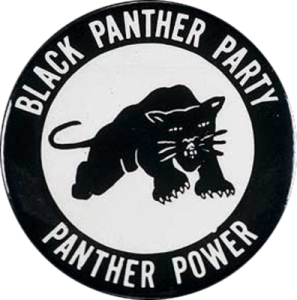
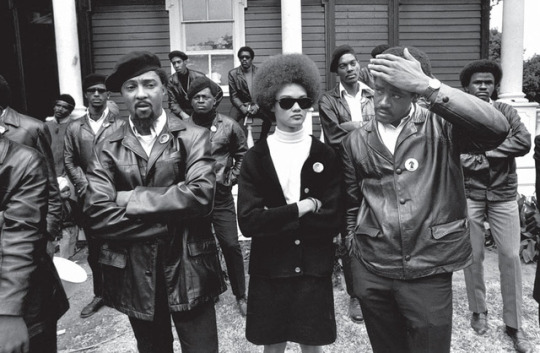
The Black Panther Party was a political organization founded in 1966 by Huey P. Newton and Bobby Seale to combat police brutality against Black Americans. At its peak in 1968, the BPP had approximately 2,000 members. The end of the organization came as a result of internal disorder, shootouts by the police, and government effort to weaken the organization.
•
Imagine a white cop harassing black people in a black neighborhood. Now imagine a group of black men dressed in all black, with bandoliers slung over their chest and rifles under their arms coming to observe the situation. Cops were intimidated to the point of of leaving the scene, and the Panthers had done nothing illegal. California would later adjust their gun laws so that the Panthers could no longer carry guns as before.
•
The Black Panther Party promoted natural black beauty, drawing in younger black Americans who liked the idea of wearing their natural hair without judgement and celebrating dark skin.
•
The Free Breakfast for School Children Program was a community service program run by the Black Panther Party. The Panthers would cook and serve food to poor inner city youth in Oakland, and it became so popular that the Panthers set up kitchens in cities across the country, feeding over 10,000 children every day before they went to school.
•
The Black Panther Party wasn’t perfect. Sexism was a problem as most women in the organization were relegated to office work. The Party’s eventual demise was kickstarted by Huey Newton’s dedication to the breakfast program and Eldredge Cleaver’s belief that the party should prioritize the “any means necessary” political opposition to U.S. government practices.
•
The Black Panther Party was not a Black Supremacist group. Its members were dedicated to fighting injustice, not hating white people. In the words of Huey P Newton, “We’ve never advocated violence; violence is inflicted upon us. But we do believe in self-defense for ourselves and for black people.”
2K notes
·
View notes
Photo
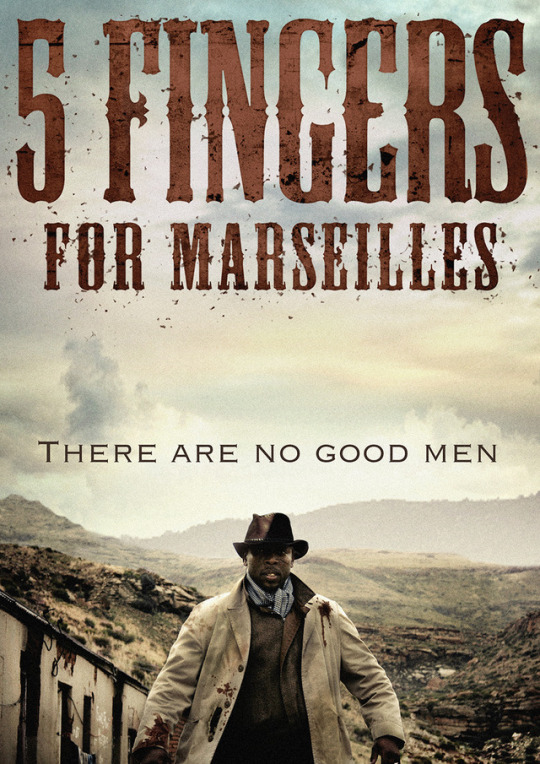
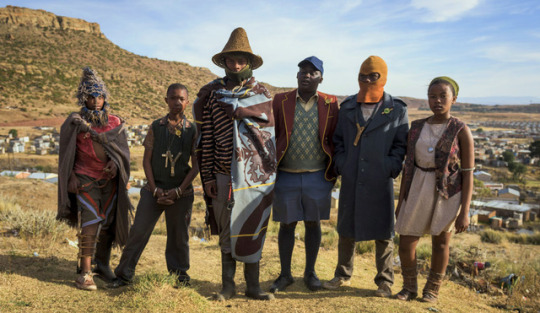
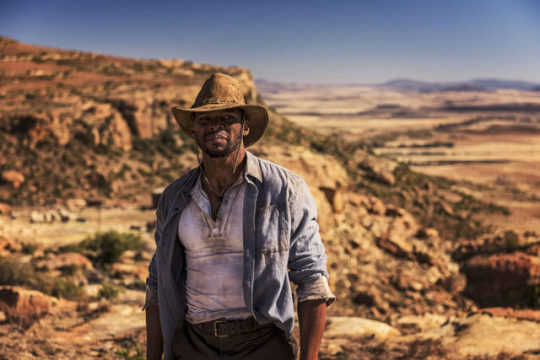
Five Fingers for Marseilles (2017) Dir by Michael Matthews
Twenty years ago, the young ‘Five Fingers’ fought for the rural town of Marseilles, against brutal police oppression. Now, after fleeing in disgrace, Tau returns, seeking peace. Finding the town under new threat, he must reluctantly fight to free it. Will the Five Fingers stand again?
youtube
‘Five Fingers for Marseilles’ fuses western influences, from classic to spaghetti and revisionist eras, into a contemporary South African drama played in local tongue by four generations of acclaimed South African stars. The great westerns always contained socio-political threads, and Five Fingers’ loose allegory on today’s South Africa is edge-of-the-seat, and starkly human.
Starring: Vuyo Dabula, Hamilton Dhlamini, Zethu Dlomo, Kenneth Nkosi, Mduduzi Mabaso, Aubrey Poolo, Lizwi Vilakazi, Warren Masemola, Dean Fourie, Anthony Oseyemi, Brendon Daniels and Jerry Mofokeng.
[Follow SuperheroesInColor faceb / instag / twitter / tumblr / pinterest]
1K notes
·
View notes
Photo


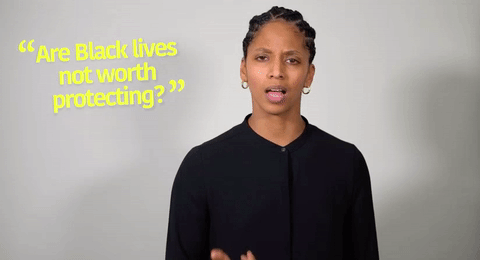


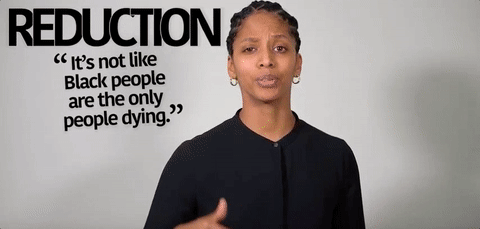

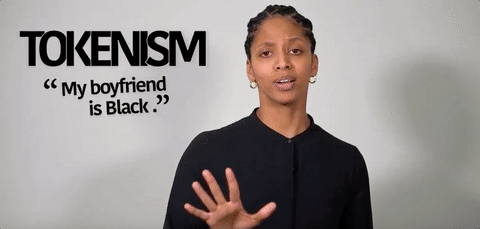
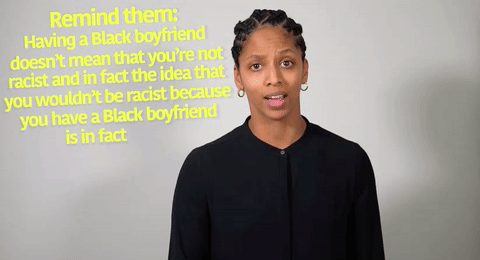
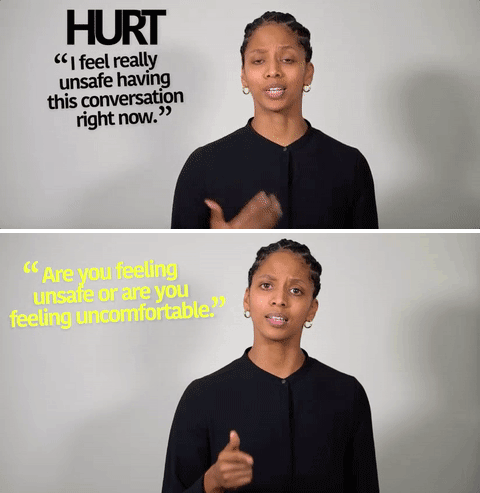
These difficult conversations are more important than ever. Here’s how to overcome the roadblocks.
follow @the-movemnt
106K notes
·
View notes
Photo
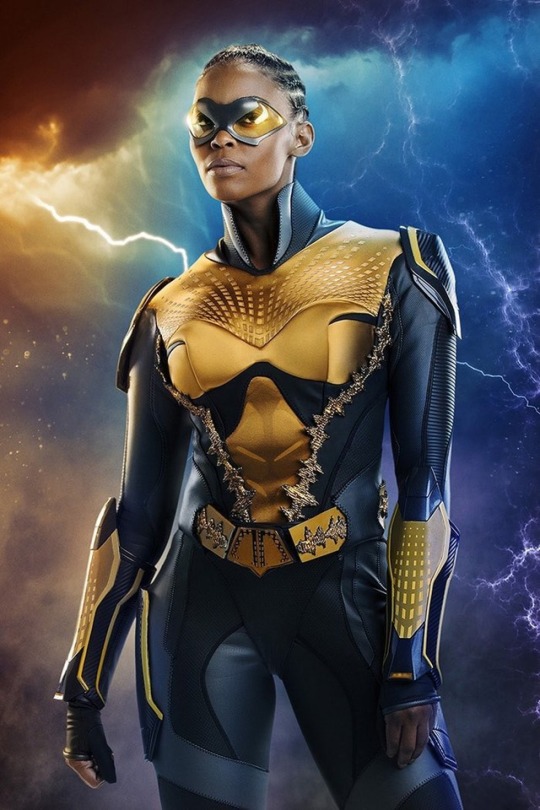
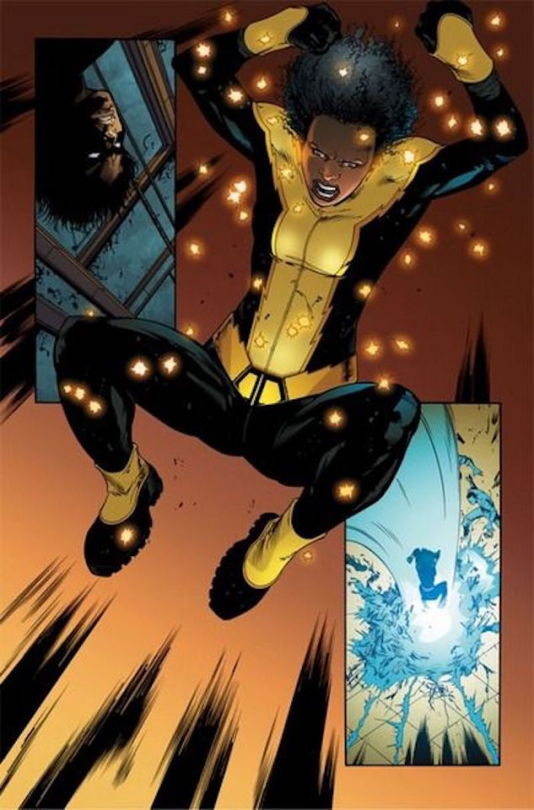
Black Lightning (2018) #BlackLightningIsBack
Nafessa Williams As Thunder. “Anissa Pierce is Thunder, one of Black Lightning’s super powered daughters. Thunder has the ability to control her density. Thunder was a rookie heroine recruited to be in Nightwing’s Outsiders.”
Get the comics here
1K notes
·
View notes
Photo

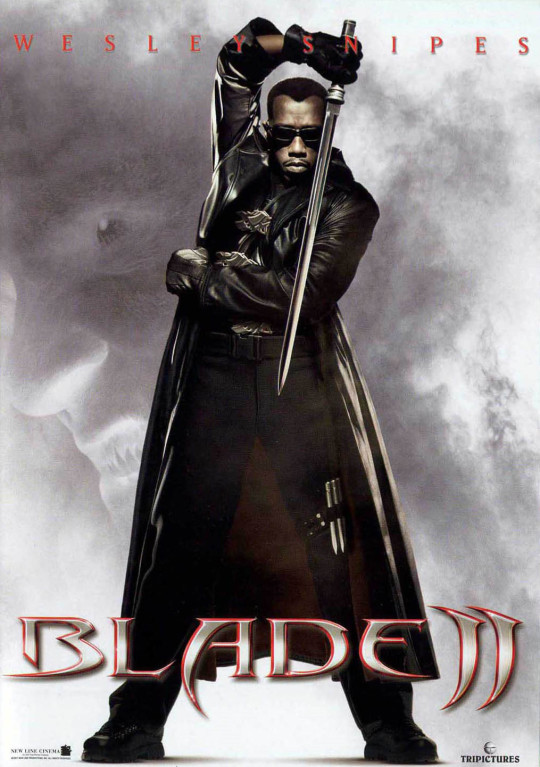

For starters, I love Wesley Snipes. He was the first, perhaps only, darker-skinned brother sex symbol/action hero of my younger years. He was always smooth and classy. I’d have watched a Snipes movie any time, no questions asked, back in 2002 when Blade II came out. Second, looking at the cast and crew list for this movie is like a nerd dream casting list. The new sidekick, Scud, is played by Norman Reedus. He was in this little movie calledBoondock Saints and is currently starring as Daryl Dixon in The Walking Dead TV series.
Ron Perlman, who plays the racist vampire unwillingly helping Blade in this adventure, goes on to star in Hellboy and do voice-overs for Teen Titans and Fallout. Oh, and is that Asian guy on the team… yes, that’s Donnie Holy Shit Yen, of Ip Man! And he’s the fight choreographer, too! And THEN I see that the whole thing is directed by Guillermo “I know what you like” del Toro. Damn! I’m not even going to give you his filmography. Click the link and let IMDB show you what you’ve been missing. With this list of talent before and behind the camera, this is either going to be great, or a mess….
Read on here.
393 notes
·
View notes
Photo






Chantal Laboureur (yes, again!) Because she has an amazing bubble butt.
I’m voting her “best sports person ass” of 2017″….. beat that peeps!
Props to Tackleberry for the shots!
146 notes
·
View notes
Video
Busty BBW sucks gobs of cum from bull’s big black cock
879 notes
·
View notes
Video
3K notes
·
View notes

